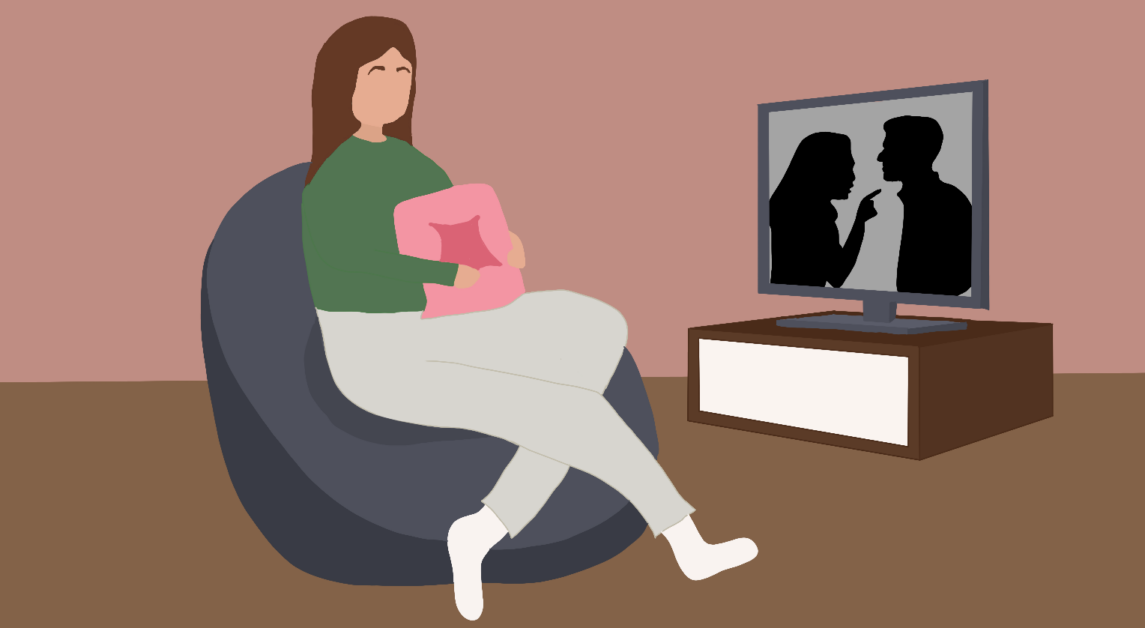As my final year at Boston College flies by, I can’t help but feel like I only have a few months to live. I’m doing all the things I haven’t done yet, finding underclassmen to pass on my knowledge to, and spending my free time reflecting on the past three years.
But one item on my to-do list has seemed to evade me until now: finding closure. Closure is a funny thing. You never know when it’s coming or if it ever will. You sit in limbo until you finally stop obsessing over something that happened years ago and, eventually, feel your heart becoming lighter.
I used to think closure could only be achieved through deep conversations and attempts to understand one another, like the dramatic scenes you see in movies. Admittedly, I have seen too many of these examples and may need to touch grass more often. My experiences never go down in the typical Hollywood fashion.
In this case, I didn’t even talk to the person I sought closure with. But this article isn’t about that person, so unfortunately, I won’t be going into the specifics. This article is about all of us.
When we look for closure, we are trying to feel vindicated for our actions. We want the other person to understand why we acted the way we did. But do these intentions matter? They aren’t going to change the outcome of your relationship nor are they necessarily going to result in a reconnection. The conversations we have in an attempt to gain closure often serve as an opportunity to sit down and absorb the other person’s side of the story.
Why, then, should we waste time deliberating on intentions?
Short answer: we shouldn’t. Oftentimes, we attempt to find closure because we feel embarrassed. Something didn’t go our way, and we wanted the chance to explain ourselves. But in my personal experience, embarrassment is a weight we place on ourselves, not something burdened on us by others. Therefore, the only way to cure this affliction is to let it go. As human beings, we crave to be understood, but in these instances, it’s better to temporarily sit in our discomfort and let it pass.
Throughout my entire life, I have always been a confident person. Some might even say too confident at times. Yet, in situations where I thought closure was needed, I suddenly became small and fearful, finding myself begging for understanding rather than reconciliation.
I shouldn’t have had to ask to be understood. I should have accepted things the way they were and not let my need to be seen as an equal make me feel small. At the end of the day, the only person that can make you feel small is yourself.
Closure, in this circular explanation, is only found when we accept ourselves for who we are and acknowledge the part we played in the situation we are seeking closure for. We can’t change people or how they see us, but we can change the way we see ourselves.
In my own journey, I have come to learn that I am a very open person. I say how I feel, even when unwarranted. And although it may get me in trouble at times, I am proud that I have the confidence to say the things no one else will. In seeking my own closure, I have come to accept myself in ways I never imagined. What will you accept about yourself to finally feel lighter?













